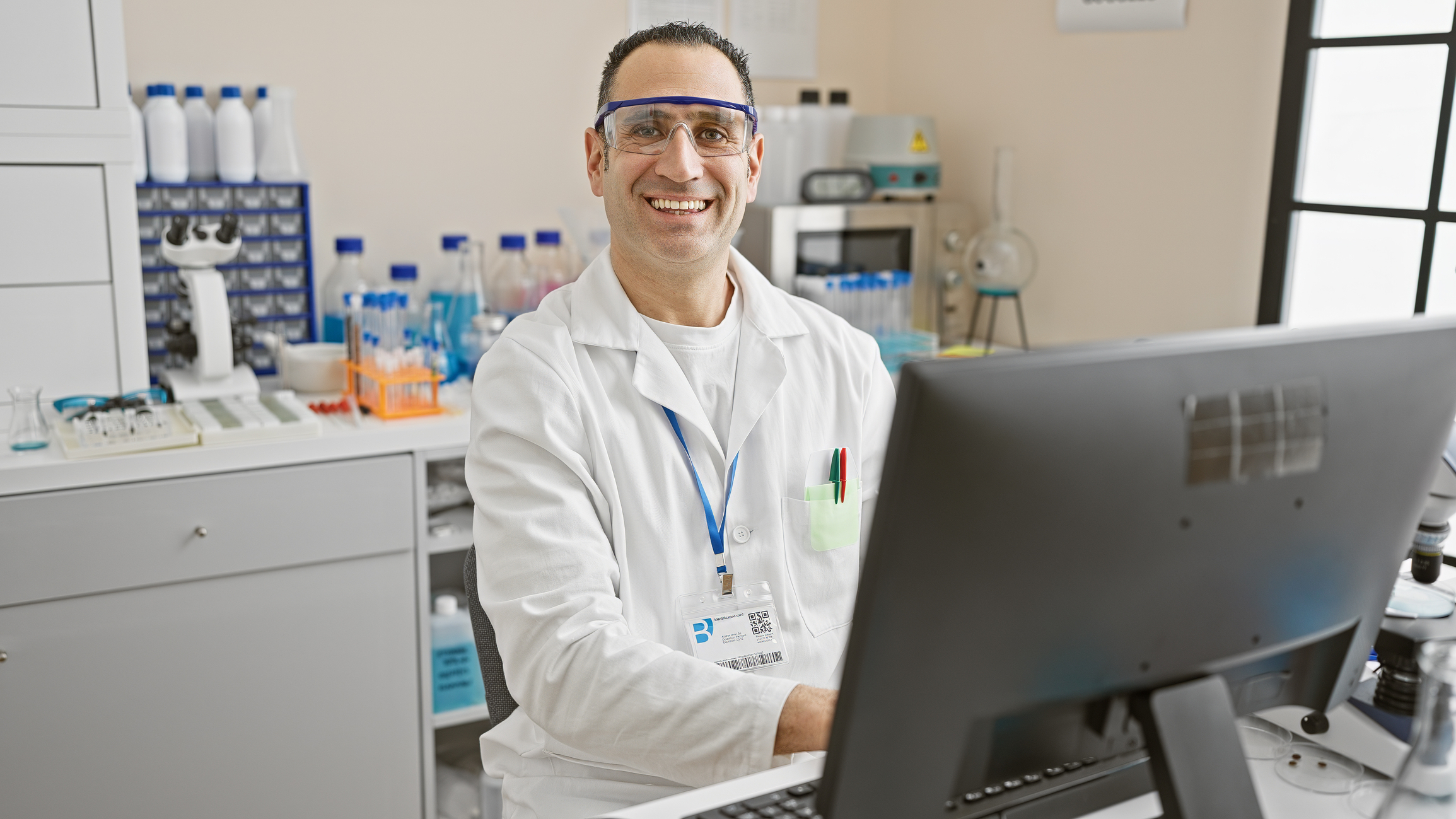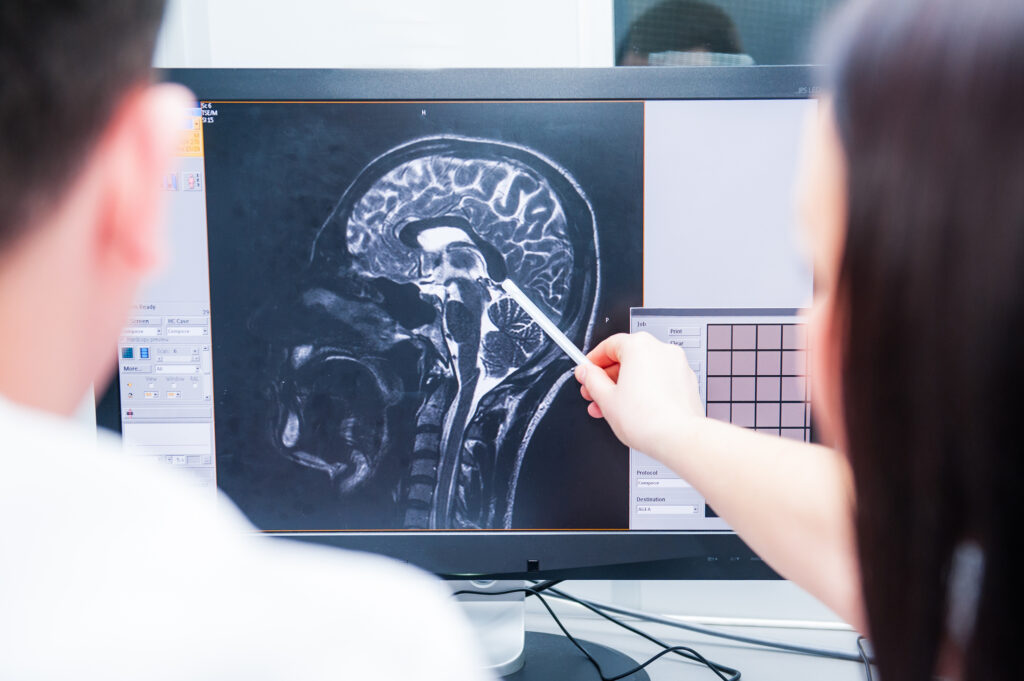Summary: Radiochemistry represents a unique and rewarding career path that combines advanced chemical knowledge with medical innovation. Radiochemists play a central role in medical diagnostics, therapeutic procedures, and cutting-edge scientific research. This article examines the reasons for pursuing a career in radiochemistry, highlighting professional opportunities, societal impacts, innovative technological developments, and personal satisfaction that come from contributing to human health and scientific advancement.
Keywords: Radiochemistry, Radiochemist Career, Nuclear Medicine, PET Imaging, Radioisotopes, Medical Diagnostics.
Introduction
Radiochemistry, a specialist discipline that merges the principles of chemistry with radioactive substances, has become increasingly significant in medical diagnostics, therapeutics, and scientific research. At the heart of nuclear medicine and molecular imaging, radiochemists design, synthesise, and analyse radioactive compounds that enable clinicians and researchers to visualise biological processes in the human body. For individuals with a passion for chemistry and medicine, radiochemistry presents a career that is not only intellectually stimulating but also impactful, contributing directly to patient care and advancing healthcare technologies.
The Essential Role of Radiochemists
Radiochemists specialise in handling, synthesising, and purifying radioactive isotopes and compounds. These radioactive materials serve as invaluable tools in medical imaging, cancer treatment, and the discovery of new drugs. Radiochemists meticulously prepare radiopharmaceuticals—radioactive drugs that enable clinicians to diagnose and treat diseases with high specificity and sensitivity.
Working closely with multidisciplinary teams, radiochemists bridge the gap between chemistry, biology, physics, and medicine. They routinely collaborate with physicians, medical physicists, biologists, and pharmaceutical scientists to ensure the safe and effective use of radioactive substances for medical purposes. Thus, the role demands not only technical expertise but also excellent teamwork, communication, and problem-solving skills.
Career Opportunities in Radiochemistry
Radiochemists enjoy a diverse array of career opportunities across academia, healthcare institutions, industry, and government research organisations. In clinical settings, radiochemists often find positions within hospitals or diagnostic imaging centres, where they produce radiopharmaceuticals tailored to patient needs. They are integral to positron emission tomography (PET) and single-photon emission computed tomography (SPECT), advanced imaging techniques that provide detailed insights into human physiology and pathology.
In academia and research institutions, radiochemists contribute to pioneering studies that investigate disease mechanisms, develop novel diagnostic agents, and explore targeted treatments. Many radiochemists hold positions as research scientists, university lecturers, or professors, guiding the next generation of chemists and nuclear medicine specialists.
Within the pharmaceutical and biotechnology industries, radiochemists support drug development processes by conducting preclinical and clinical studies using radiolabeled compounds to understand pharmacokinetics, biodistribution, and therapeutic efficacy. Regulatory bodies and national laboratories also employ radiochemists to oversee nuclear safety, radioprotection, and environmental monitoring, ensuring the safe use and disposal of radioactive materials.
Societal Impact of Radiochemistry
Radiochemists have a profound influence on public health through their contributions to nuclear medicine. The development and preparation of diagnostic radiopharmaceuticals have revolutionised medical imaging, enabling early detection and accurate diagnosis of diseases, including cancer, heart disease, and neurological disorders.
PET imaging, for instance, relies on radiochemists to synthesise radiotracers that visualise metabolic activities in tissues. The radiotracer Fluorine-18-labelled fluorodeoxyglucose ([18F]FDG) has become an indispensable tool in oncology, facilitating tumour detection, staging, and monitoring therapeutic responses. Similarly, radiochemists involved in therapeutic radiopharmaceutical development significantly enhance cancer treatment outcomes. Radionuclide therapy, where radioactive isotopes selectively deliver radiation to cancerous tissues, offers hope to patients with previously incurable cancers.
By facilitating early detection and personalised treatments, radiochemists help to improve patient prognosis and enhance the quality of life for millions globally.
Technological Innovation and Advancement
The continuous evolution of radiochemistry underscores its appeal as a career choice. Innovations in automated synthesis modules, improved radiotracer production techniques, and novel radionuclides enhance the efficiency and precision of nuclear medicine procedures. Radiochemists actively contribute to the development of innovative technologies, such as microfluidics and radiolabelling strategies, that significantly reduce synthesis times, improve product purity, and enhance patient safety.
Technological advancements have expanded the horizons of radiochemistry beyond traditional isotopes, such as technetium-99m and fluorine-18. Emerging radioisotopes, such as gallium-68, zirconium-89, and copper-64, are gaining popularity in diagnostics, while lutetium-177 and actinium-225 show remarkable potential in targeted radionuclide therapy. Radiochemists continually explore new isotopes and radiolabelling techniques to improve disease detection accuracy and therapeutic efficacy, driving forward the medical field through cutting-edge research and innovation.
Personal Fulfilment and Professional Satisfaction
Radiochemists experience a profound sense of personal and professional fulfilment arising from the tangible impact of their work. They contribute directly to improving patient outcomes and advancing scientific knowledge, offering satisfaction that extends beyond routine scientific achievements. The unique challenges of working with radioactive substances require meticulous attention to detail, problem-solving skills, and constant vigilance, rewarding those who thrive in intellectually challenging environments.
Moreover, radiochemistry fosters professional growth through interdisciplinary collaboration. Radiochemists frequently collaborate with medical professionals, researchers, and industry experts, offering opportunities to learn, share knowledge, and advance their professional careers. Participation in international conferences, publication of influential research, and involvement in innovative clinical trials further enrich their careers, making radiochemistry an intellectually rewarding and dynamic field.
Education and Training Pathways
A career in radiochemistry typically requires an advanced degree in chemistry, radiochemistry, or a closely related discipline, such as nuclear medicine or pharmaceutical sciences. Undergraduate students interested in this career often pursue chemistry degrees, complemented by coursework in physics, biology, and nuclear sciences. Postgraduate education, such as a master’s or PhD in radiochemistry or nuclear medicine, further equips individuals with specialised knowledge and laboratory skills.
Practical training is essential for radiochemists due to the unique safety and regulatory considerations associated with radioactive materials. Internships, postgraduate placements, or research opportunities in radiochemistry laboratories, hospitals, or pharmaceutical companies provide valuable hands-on experience, enhancing employability and professional competency.
Professional certifications and continued education through organisations such as the Royal Society of Chemistry or the Society of Radiopharmaceutical Sciences provide valuable credentials, further expanding career opportunities and fostering lifelong learning.
Challenges and Considerations
While radiochemistry is rewarding, prospective radiochemists should be aware of its unique challenges. The handling of radioactive substances necessitates stringent safety protocols, comprehensive training, and adherence to strict regulations to minimise risks of radiation exposure. Regular safety audits, regulatory compliance, and extensive record-keeping are fundamental responsibilities, requiring radiochemists to be highly organised and attentive to detail.
Radiochemists also face technical challenges associated with synthesising short-lived radioisotopes that rapidly decay. Effective time management, precision, and efficient laboratory techniques are crucial to ensuring radiopharmaceutical purity and reliability. Nonetheless, these challenges offer exciting opportunities for innovation, motivating radiochemists to continuously refine their techniques and methods.
Future Outlook
The future of radiochemistry remains highly promising. Growing demand for personalised medicine, precision diagnostics, and targeted radionuclide therapies indicates an expanding market for radiochemical expertise. Ongoing investments in nuclear medicine, molecular imaging research, and emerging technologies underscore the critical role of radiochemistry in future healthcare advancements.
Radiochemists will be essential to harnessing the full potential of radiopharmaceuticals, particularly as new isotopes become available and innovative applications emerge. With its interdisciplinary nature, diverse career prospects, and profound societal impacts, radiochemistry remains an attractive and promising career choice for aspiring scientists.
Conclusion
Choosing a career in radiochemistry presents an exceptional opportunity to make a meaningful contribution to medical science, patient care, and technological innovation. Radiochemists enjoy diverse career paths, intellectually stimulating work, and a deep sense of satisfaction from directly influencing patient outcomes and advancing medical knowledge. For aspiring scientists interested in the intersection of chemistry, medicine, and nuclear technology, radiochemistry stands out as a rewarding, innovative, and impactful career path.
Through dedication, ongoing education, and interdisciplinary collaboration, radiochemists continue to shape the future of healthcare, underscoring the enduring appeal and significance of this fascinating discipline.
Disclaimer
The content provided in this article, Radiochemistry: Unlocking Medical Innovation Through Nuclear Chemistry, is intended for informational and educational purposes only. It does not constitute professional advice, endorsement, or recommendation regarding medical, scientific, academic, or career decisions. While efforts have been made to ensure the accuracy of the information at the time of publication, Open Medscience does not guarantee the completeness, reliability, or timeliness of any content presented.
Readers should consult appropriate professionals or official sources for guidance relevant to their specific circumstances. Open Medscience disclaims any liability for any direct or indirect loss or damage arising from the use or reliance on the information contained in this article.
home » blog » education »



